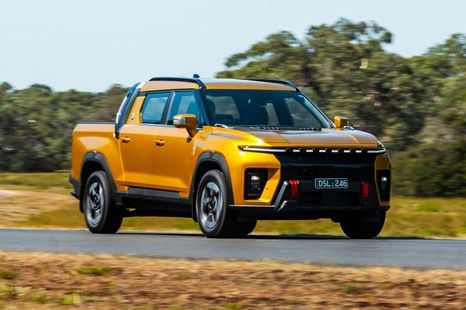

Ben Zachariah
2026 KGM Musso EV review
2 Hours Ago

Marketplace Editor
Hyundai’s competitors to the Toyota C-HR and RAV4 hybrids are no closer to an Australian-market introduction, though the local arm insists it’s still “researching and asking” with its global parent.
In overseas markets, the HyundaiKona Hybrid and Tucson Hybrid offer alternatives to Toyota’s ubiquitous self-charging hybrid SUVs, though supply constraints and global demand keep them off the table for Australia, at least for now.
Speaking with CarExpert, Hyundai’s local product development manager, Tim Rodgers, said the brand is working to broaden its powertrain portfolio as much as possible.
“Look, we’re constantly researching and asking, that’s for sure – the moment we have something to say, you’ll hear about it quickly because we’re keen to get as many powertrains as we can here.”
“The hybrid powertrains are fundamentally really good to drive as well, but nothing we can confirm just yet.”
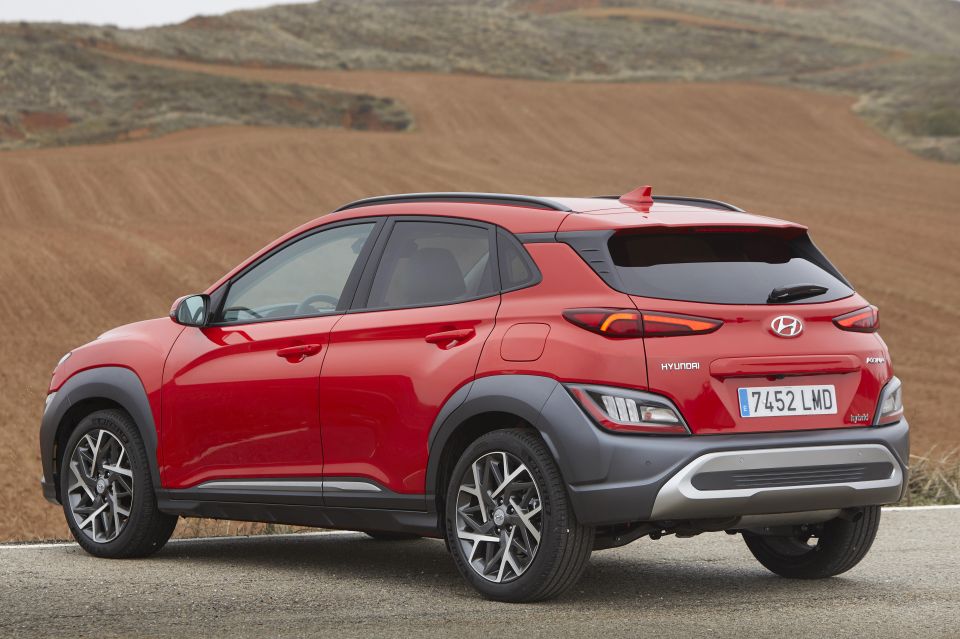
One key challenge in the case of the Kona Hybrid is its exclusive production at Hyundai’s European plant in the Czech Republic, and the high ratio of electrified Kona sales in Europe – some 40 per cent of European Kona sales are of the Hybrid and Electric versions.
The Kona Hybrid essentially runs the same drivetrain as the Hyundai Ioniq Hybrid and Kia Niro Hybrid, teaming a 1.6-litre GDi naturally-aspirated petrol engine with a 32kW electric motor for combined outputs of 104kW and 265Nm. A 1.56kWh lithium-ion battery pack and six-speed dual-clutch auto round out the mechanical package.
Being a self-charging hybrid, the Kona Hybrid doesn’t offer extended zero-emissions driving, however the WLTP-certified claimed fuel consumption of 4.9L/100km isn’t far off the Toyota C-HR Hybrid’s claim of 4.3L/100km.
The recently-revealed Haval Jolion Hybrid offers turbo petrol power with electric assistance, claiming to use 4.2L/100km according to Thai emissions testing procedures, and is earmarked for a likely Australian release sometime next year.
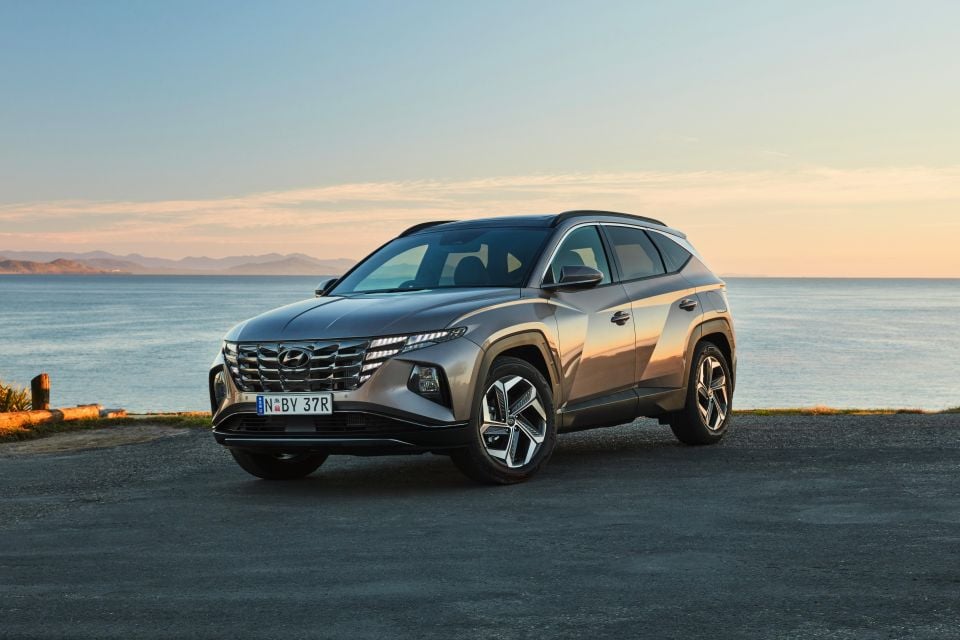
Meanwhile, the Tucson Hybrid is assembled in the same Ulsan plant in South Korea we get our vehicles from, though the factory currently doesn’t produce the hybrid in right-hand drive.
Currently, the only RHD production of any Tucson Hybrid is from the Czech plant for the UK, though the European region gets the short-wheelbase model rather than the long-bodied version offered Down Under.
Power in the self-charging Tucson Hybrid comes from 1.6-litre T-GDi turbo petrol engine mated with a transmission-mounted electric motor and a small lithium-ion battery, good for system outputs of 169kW and 350Nm.
Fuel consumption in its home market of South Korea is rated at around 6.1L/100km on the combined cycle.
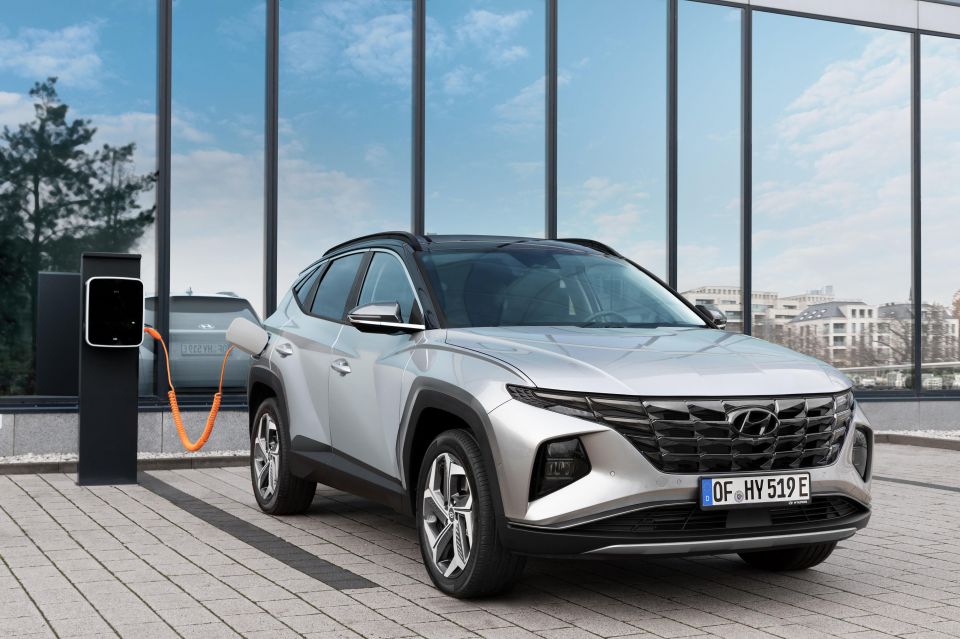
There’s also a Tucson Plug-in Hybrid offered in Europe and the US, using the same 195kW/350Nm 1.6-litre PHEV system as the Kia Sorento PHEV.
Considering the vast majority of Toyota RAV4 sales – usually between 3000 and 4000 units monthly – are hybrids, Hyundai Australia is missing out on a demographic hungry for some form of electrification.
Further, an increasing number of rivals already offer or will soon offer an electrified option, including the Ford Escape PHEV, Haval H6 Hybrid, MG HS PHEV, Mitsubishi Outlander PHEV, Peugeot 3008 Hybrid4 and Subaru Forester Hybrid.
The related Kia Sportage Hybrid as well as the upcoming Nissan X-Trail e-Power are also understood to be under consideration for our market.
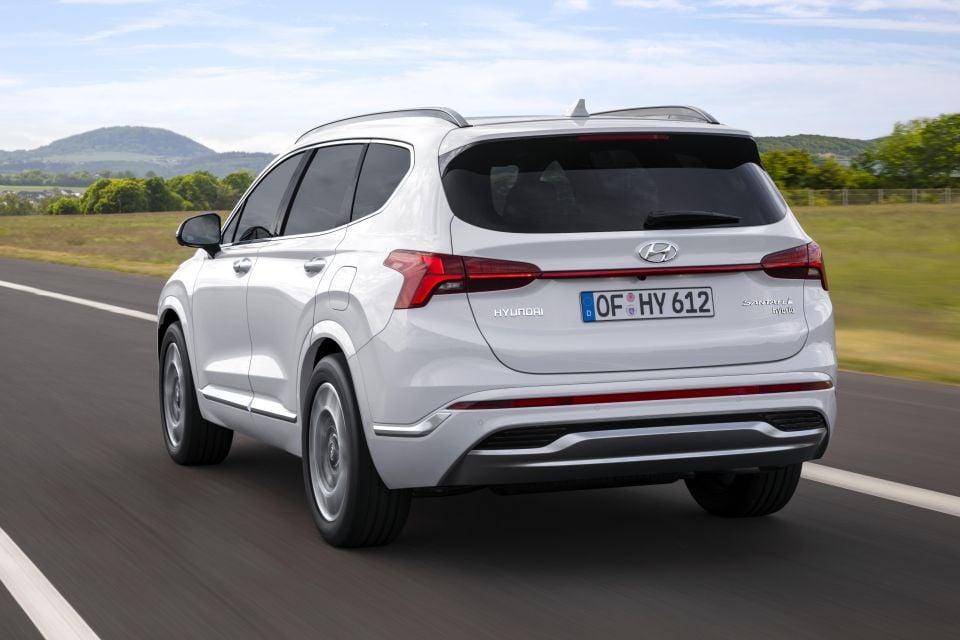
Hyundai Australia isn’t totally out of luck though. It’ll introduce a version of the Santa Fe large SUV with a self-charging hybrid powertrain and standard all-wheel drive during the early stages of 2022, developing the same 169kW and 350Nm as the smaller Tucson Hybrid.
Unlike the related Kia Sorento, Hyundai won’t offer a front-drive version.
Do you want to see Hyundai’s hybrids in Australia? Let us know in the comments below!
MORE: The hybrid SUVs coming to combat high fuel prices in 2022 MORE: Everything Hyundai Kona MORE: Everything Hyundai Tucson
Go deeper on the cars in our Showroom, compare your options, or see what a great deal looks like with help from our New Car Specialists.
James Wong is an automotive journalist and former PR consultant, recognised among Australia’s most prolific motoring writers.


Ben Zachariah
2 Hours Ago


James Wong
2 Hours Ago
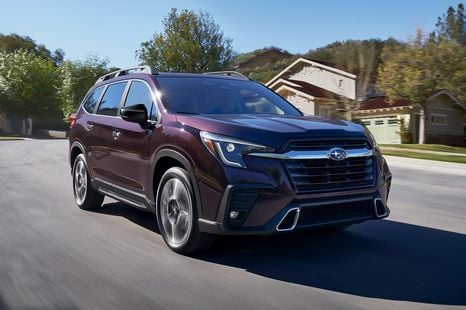

James Wong
2 Hours Ago
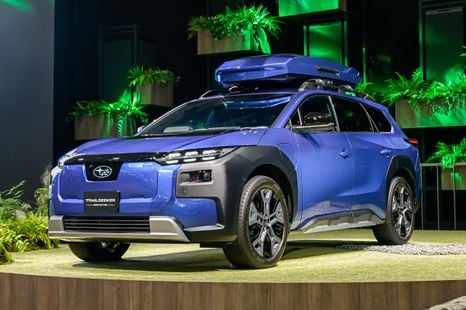

James Wong
2 Hours Ago
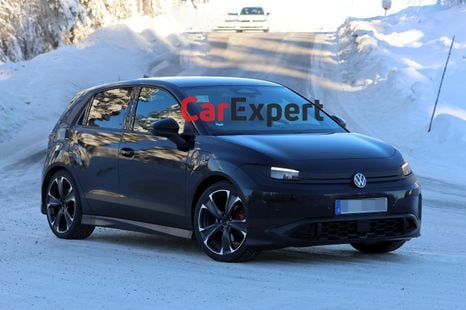

Damion Smy
9 Hours Ago
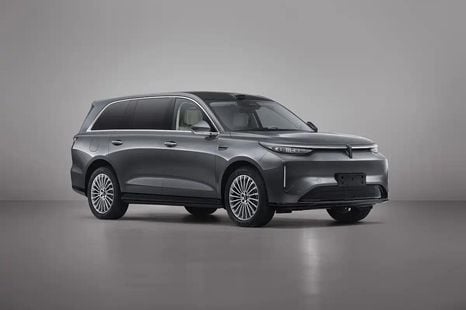

William Stopford
10 Hours Ago
Add CarExpert as a Preferred Source on Google so your search results prioritise writing by actual experts, not AI.